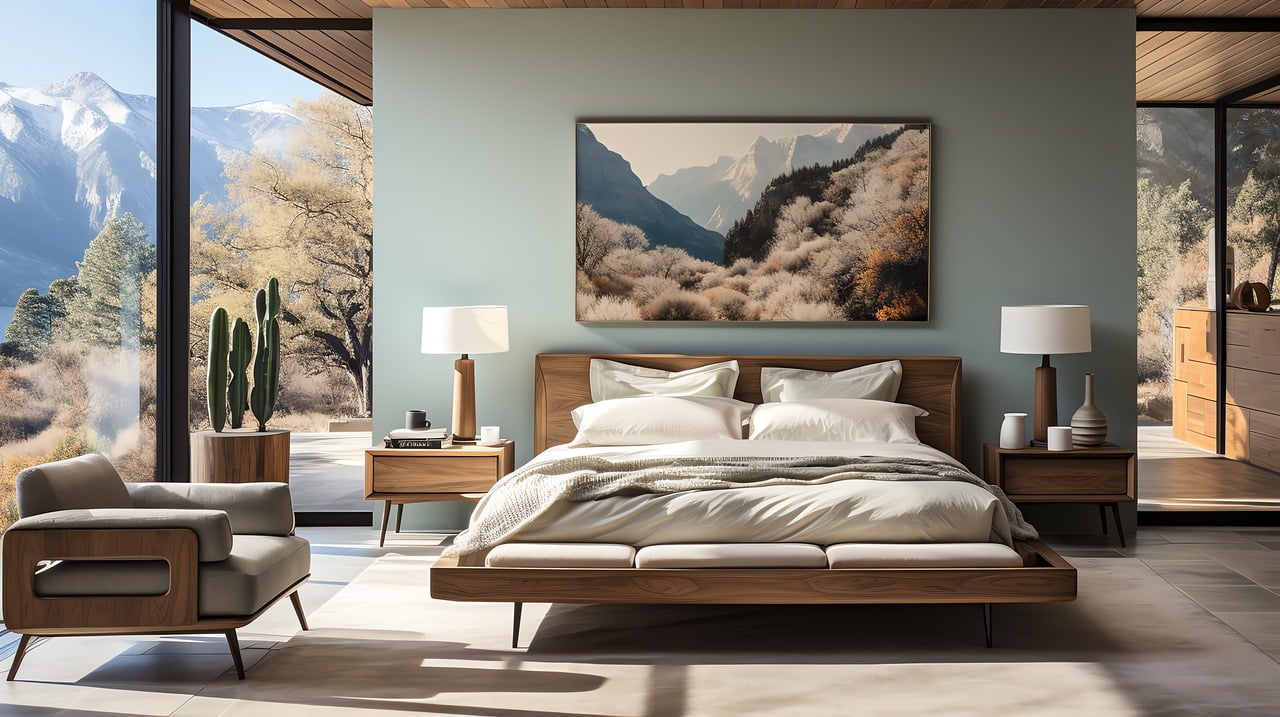Minimalism is more than just a design trend; it’s a lifestyle choice that reflects clarity, order, and a return to essentials. When it comes to your bedroom, this aesthetic is especially appealing, as it promotes a serene and calming environment, perfect for rest and relaxation. In this guide, we’ll explore how you can transform your space into a minimalist bedroom while maintaining a sense of style, comfort, and personal expression. From neutral tones to streamlined furniture, this approach focuses on maximizing space and minimizing clutter, creating a sanctuary of peace in your home.
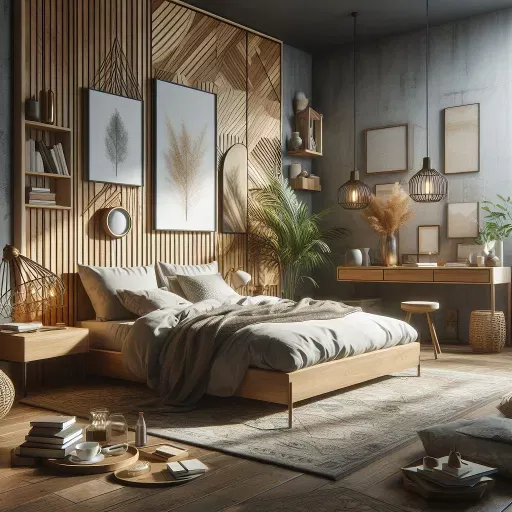
1. Neutral Color Palette:
To achieve a minimalist bedroom, the first step is to embrace a neutral color palette. Think soft whites, grays, beiges, and earth tones. These colors are foundational to creating a calm atmosphere, allowing you to unwind from the stresses of the day. Neutral tones also make the room feel more spacious and organized, making it easier to relax and focus.
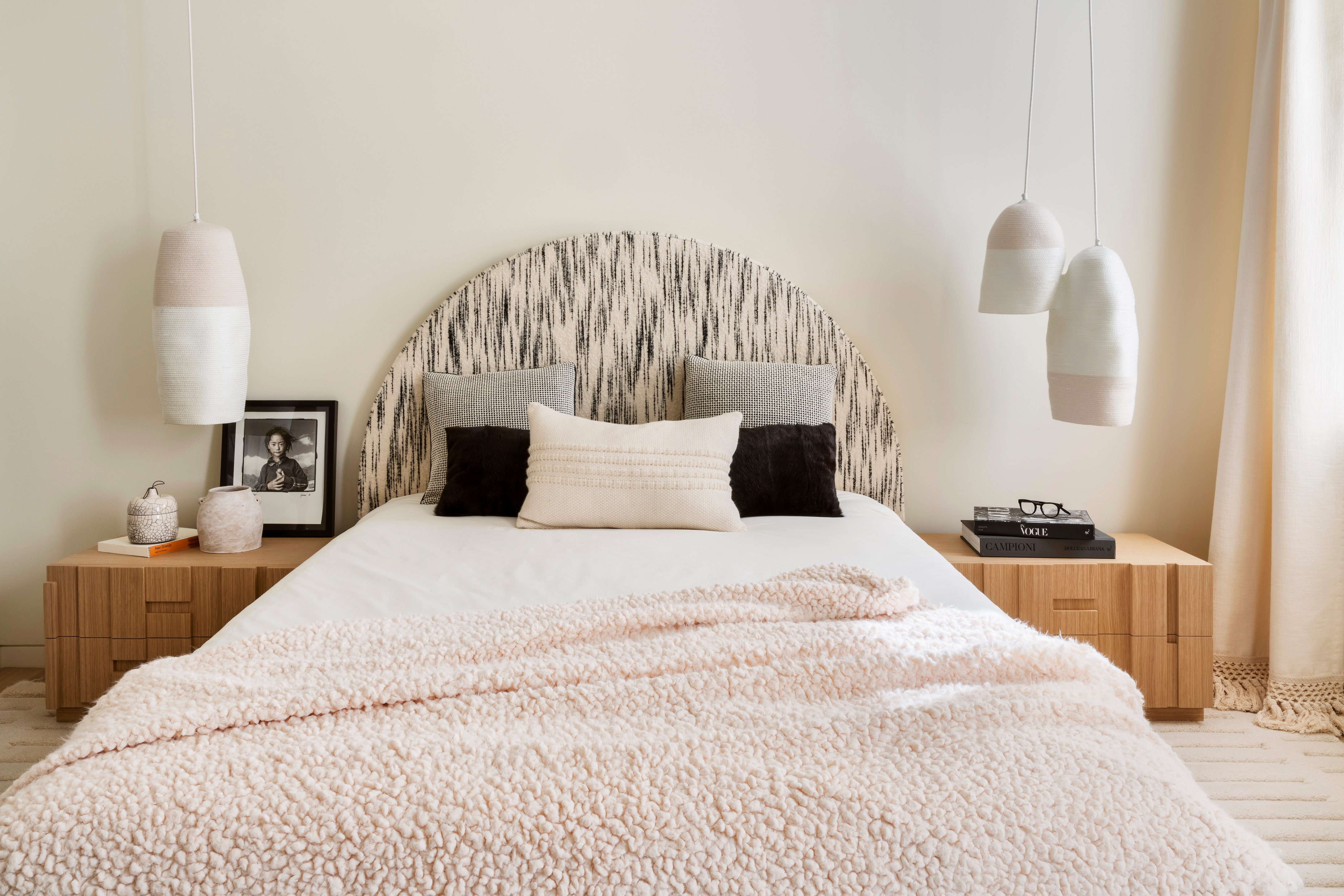
2. Declutter and Organize:
One of the main principles of minimalism is to eliminate excess. In your bedroom, this means getting rid of anything that doesn’t serve a functional purpose. Focus on essential furniture pieces and avoid overcrowding the space. Items that don’t belong in the bedroom should be stored away or given away. Decluttering not only enhances the visual appeal of your room but also helps clear your mind.
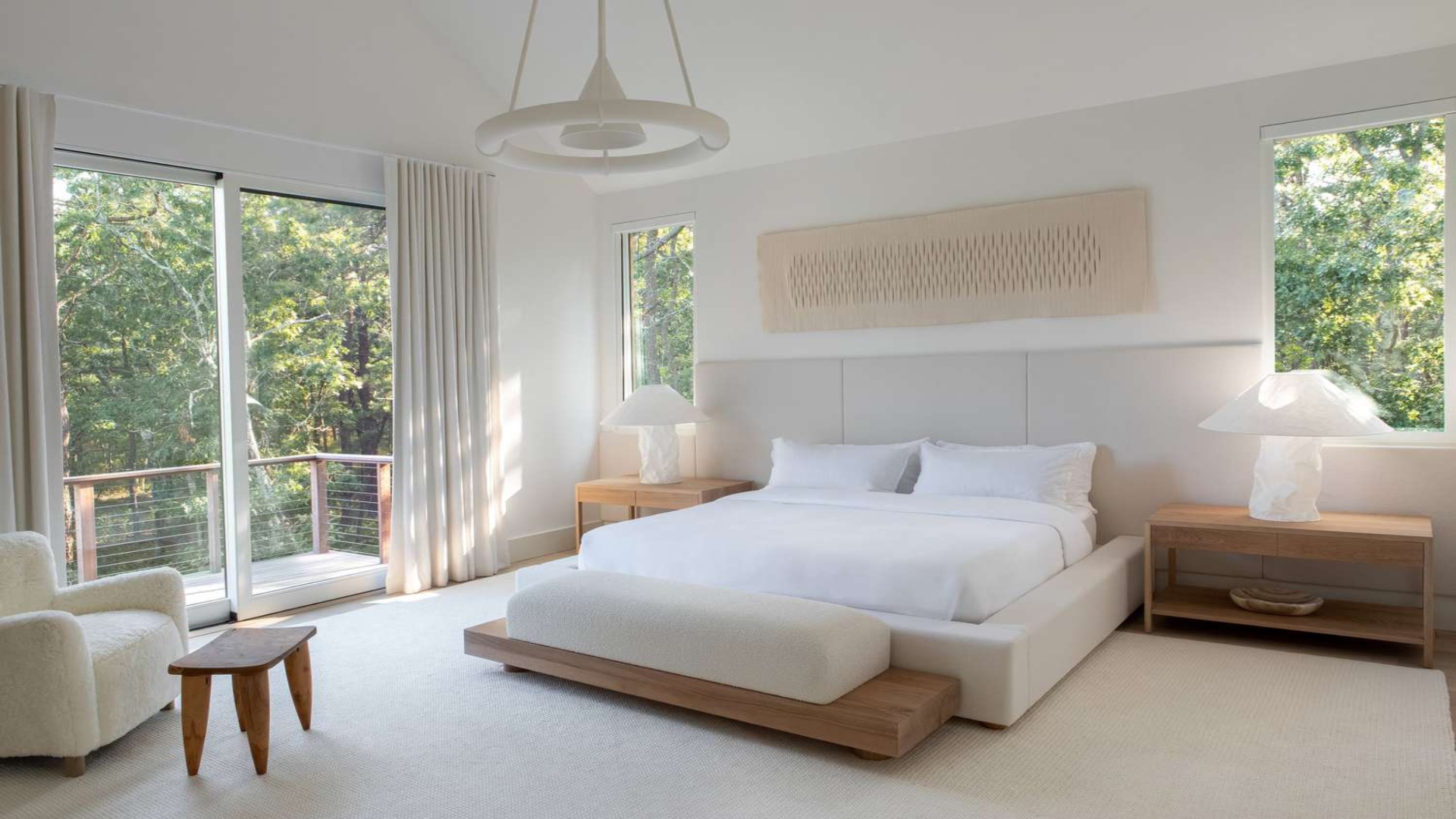
3. Streamlined Furniture:
Furniture in a minimalist bedroom should be simple, functional, and devoid of unnecessary embellishments. Choose sleek bed frames, nightstands, and wardrobes with clean lines. Opt for pieces that are designed to offer utility, with hidden storage options where possible. The key is to prioritize functionality without sacrificing aesthetics.
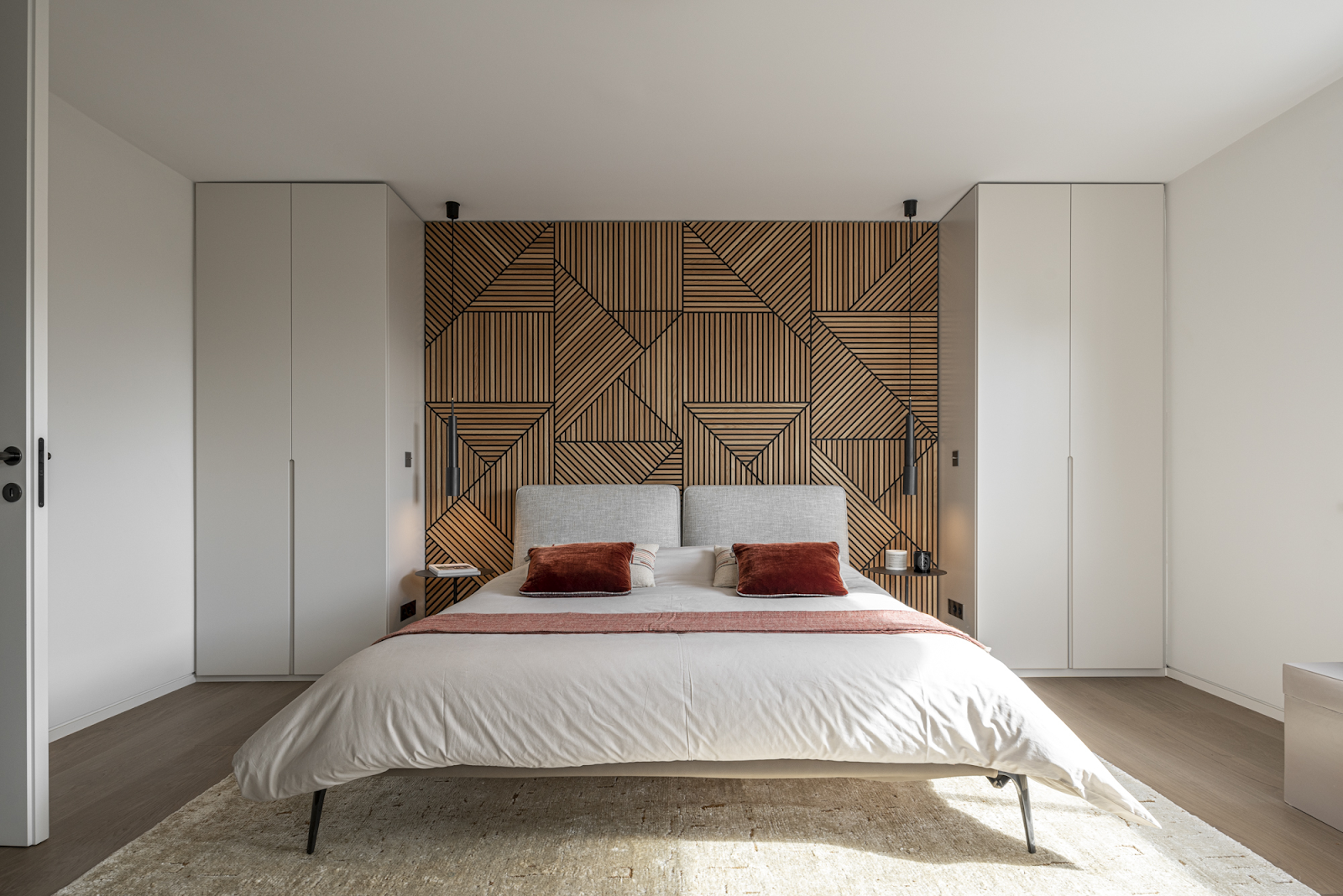
4. Soft Textures and Natural Materials:
While minimalism often emphasizes simplicity, it doesn’t mean your bedroom has to feel stark. Incorporate soft textures like cotton bedding, linen curtains, and plush rugs to add warmth and comfort to the space. Natural materials, such as wood, can also introduce an organic feel, helping your minimalist bedroom maintain an inviting atmosphere.
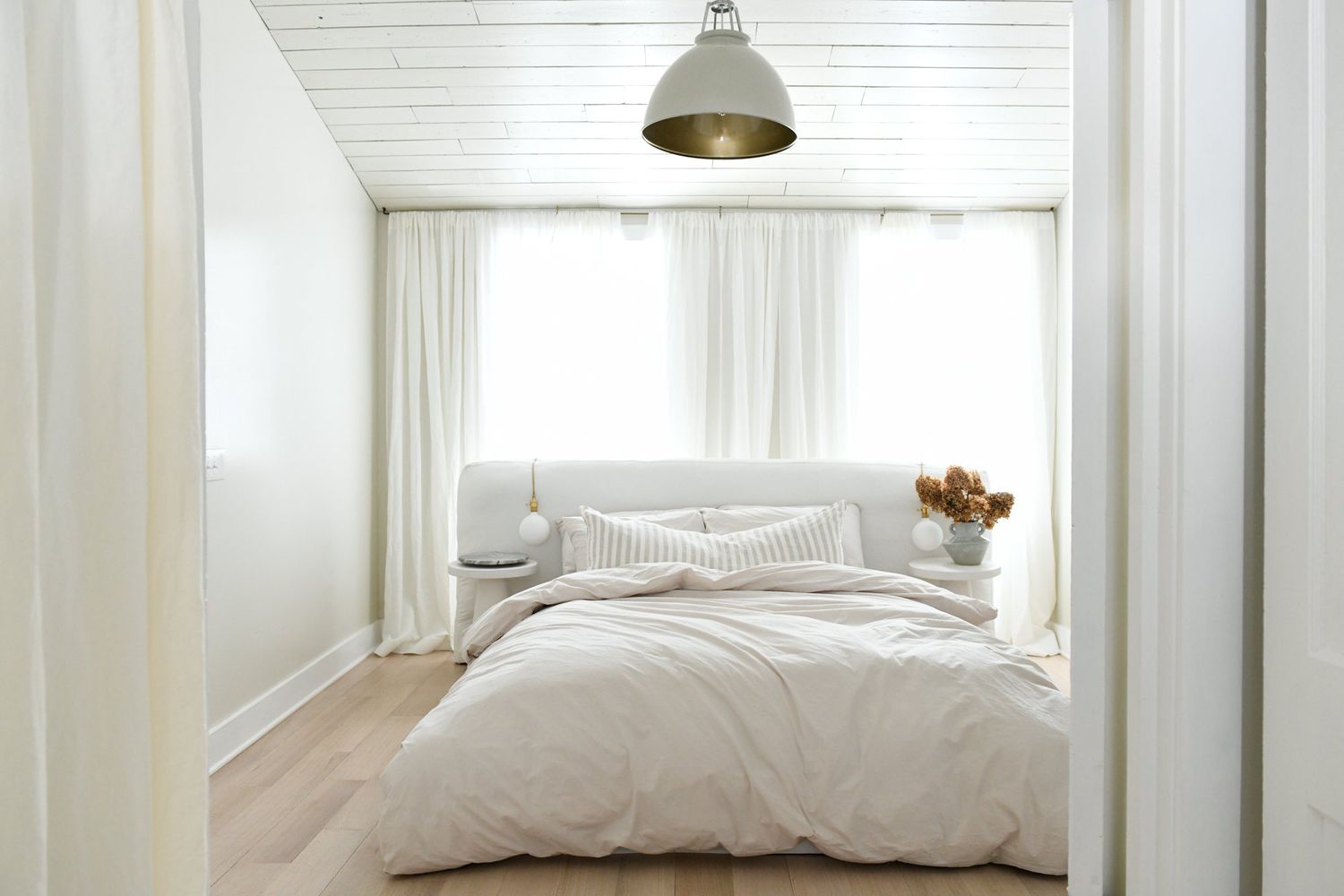
5. Maximize Natural Light:
Natural light plays a vital role in the minimalist design. If possible, choose window treatments that allow light to flood in during the day. A well-lit room feels more spacious and open. In the evening, soft, warm lighting from simple fixtures can maintain a cozy ambiance without cluttering the space with decorative lamps.
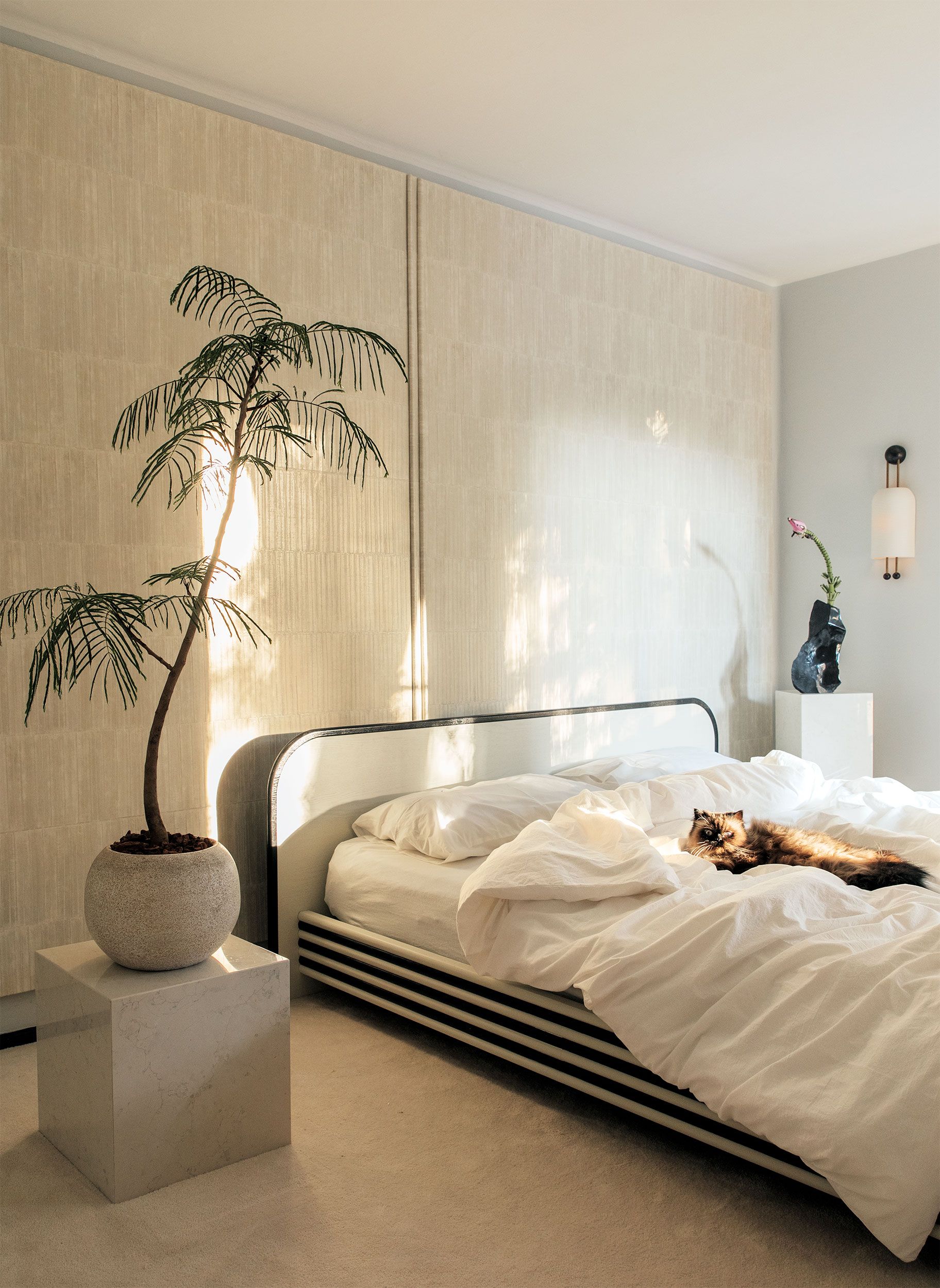
6. Minimalist Wall Décor:
When it comes to decorating the walls, less is more. Opt for one or two statement pieces that reflect your personal style without overwhelming the space. Consider large abstract art or simple framed prints. Avoid cluttering walls with too many decorations, as this can distract from the minimalist aesthetic.
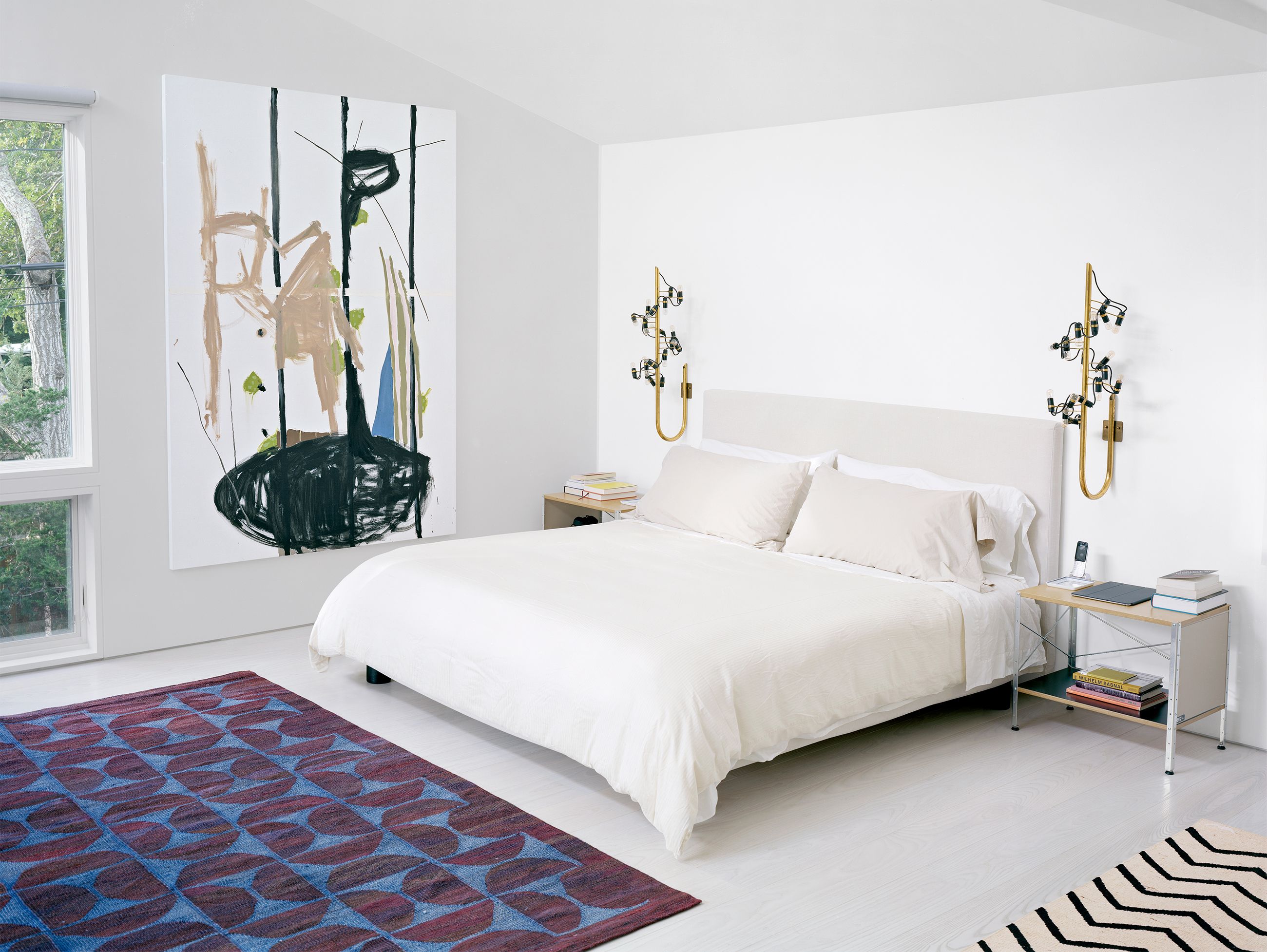
7. Functional Storage Solutions:
Smart storage is key to maintaining a minimalist bedroom. Look for furniture with built-in storage, such as beds with drawers or ottomans that double as storage units. Keep surfaces clear of clutter by using hidden storage options to store books, electronics, and other essentials. Organization helps maintain the simplicity and functionality of your minimalist space.
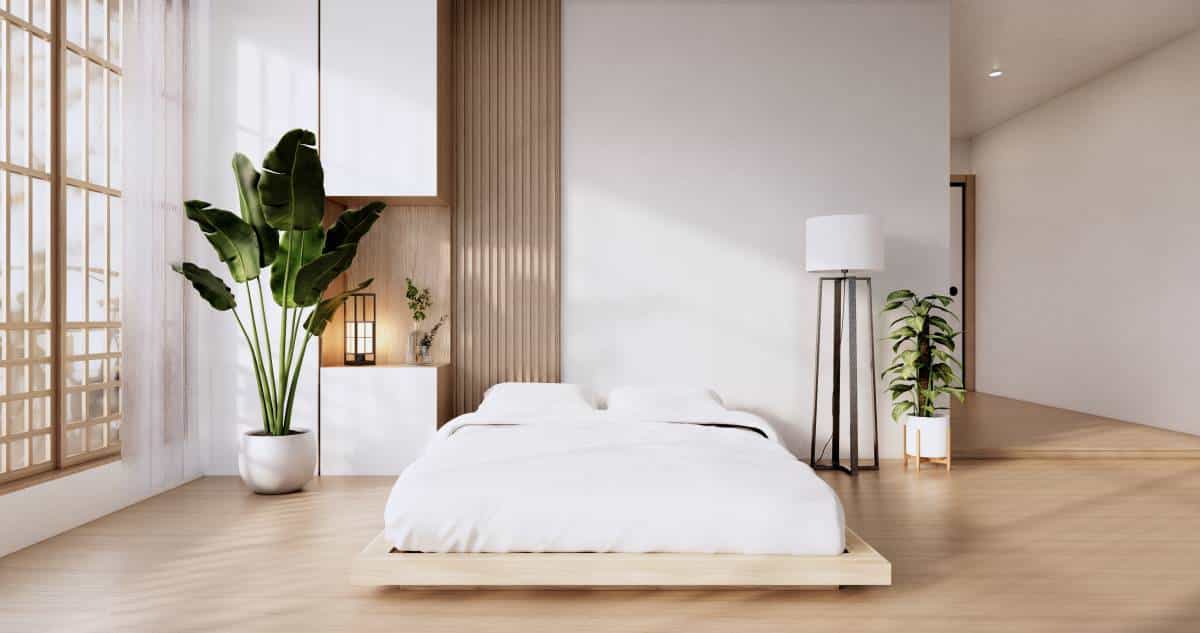
8. Personal Touches with Restraint:
Finally, personalize your bedroom in a way that complements minimalism. Choose a few meaningful items to display, such as a favorite photograph or a small collection of books. The key is to keep these personal touches minimal, ensuring they don’t overpower the space or create visual clutter.
